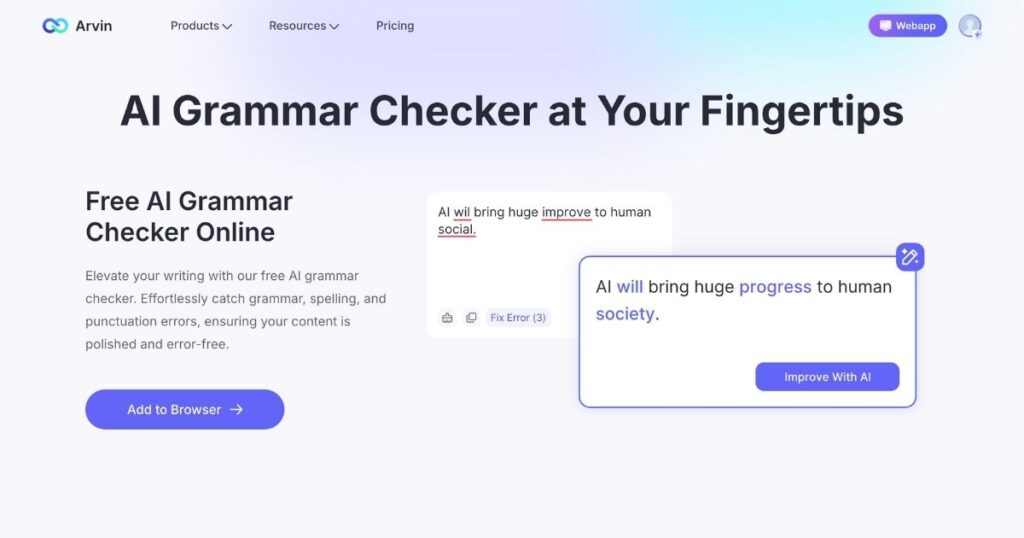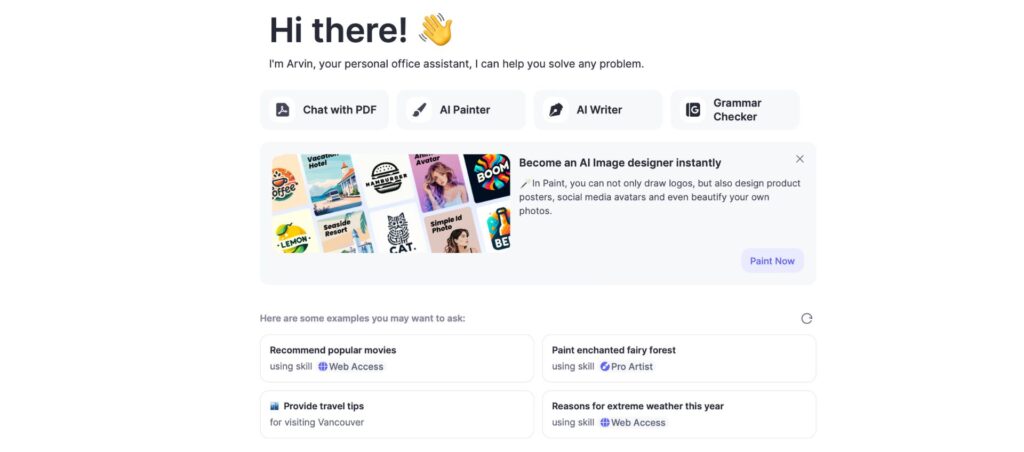What does duly noted mean?
“Duly noted” is a term that is often used in professional and polite contexts to respond to feedback, requests, or instructions. But what does duly noted mean?

To dive in straight to the good stuff, check out our Grammar Checker.
Meaning of Duly Noted
“Duly noted” is a formal phrase that signifies acknowledgment or recognition of something communicated. It implies that the information has been recorded or considered appropriately. The term is often used in professional and polite contexts to respond to feedback, requests, or instructions.
The phrase combines “duly”, meaning “properly or fittingly,” with “noted”, which means “taken into account” or “acknowledged.” Together, “duly noted” carries a tone of respect and attentiveness.
Duly Noted Synonyms
Formal Synonyms for Duly Noted
Acknowledged
- “Your concerns have been acknowledged and will be addressed.”
Taken into consideration
- “Your feedback has been taken into consideration for the final report.”
Recognized
- “Your contributions have been recognized and appreciated.”
Noted with appreciation
- “The suggestions you provided have been noted with appreciation.”
Understood and documented
- “Your comments have been understood and documented for further action.”
Registered
- “Your complaint has been registered, and we’ll work on a resolution.”
Logged
- “Your request has been logged for future reference.”

To get a longer list of synonyms, chat up Arvin AI.
What Does Duly Noted Mean in Text
In texting or casual conversations, “duly noted” is a concise way to acknowledge a point without adding extensive commentary. Depending on the context, it can be sincere, neutral, or even sarcastic.
Examples in Text
- Friend: “Don’t forget we’re meeting at 3 PM tomorrow.”
Response: “Duly noted!” - Colleague: “Please make sure to include the updated report in your email.”
Response: “Duly noted.”
Tone Matters
When used in text, the tone can easily be misinterpreted as sarcastic, especially in casual conversations, unless clarified with emojis or added context.
What Does Duly Noted Mean in Email
In professional emails, “duly noted” is typically used to confirm receipt or acknowledgment of important information. It serves as a polite, formal response, ensuring the sender that their message or request has been understood and will be acted upon accordingly.
Examples in Email
- Manager: “Please prioritize the client presentation due next week.”
Response: “Duly noted. I’ll ensure it’s completed on time.” - Colleague: “We’ll be rescheduling the meeting to Thursday at 10 AM.”
Response: “Duly noted, thank you for the update.”
Duly Noted in a Sentence
Examples
Formal:
- “Your concerns regarding the project timeline are duly noted, and we will address them during the next meeting.”
Informal:
- “Thanks for the tip about the parking rules—it’s duly noted!”
Professional:
- “The changes you suggested for the policy have been duly noted for review by the team.”
Duly Noted in Email
“Duly noted” is a courteous and formal way to acknowledge receipt or understanding of important information.
Examples
- Manager: “Please prioritize the client presentation due next week.”
Reply: “Understood. I’ll ensure it’s ready on time.” - Colleague: “We’ll be rescheduling the meeting to Thursday at 10 AM.”
Reply: “Noted. Thank you for letting me know.”
Speaking of emails, we can help you write them, using our Email Writer!
Duly Noted With Thanks Meaning
The phrase “duly noted with thanks” is a polite and formal way to acknowledge receipt or understanding of information while expressing gratitude. This phrase is commonly used in professional settings, emails, and formal conversations.
Adding “with thanks” makes the acknowledgment warmer and more personable, showing that the recipient values the communication beyond merely recording it.
Examples
Professional Email:
- Supervisor: “Please submit the revised budget by the end of the week.”
Response: “Duly noted with thanks. I’ll ensure the updated version is ready by Friday.”
Customer Feedback:
- Customer: “The new feature in your app is excellent, but the interface could be more intuitive.”
Response: “Duly noted with thanks for your valuable feedback. We’ll review the interface in future updates.”
Acknowledging Suggestions:
- Colleague: “I think we should highlight the new product line in the next campaign.”
Response: “Duly noted with thanks.”
Event Coordination:
- Organizer: “The venue layout has been adjusted to include additional seating.”
Response: “Duly noted with thanks. I’ll share the updated layout with the rest of the team.”
Why Use “Duly Noted With Thanks”?
Politeness and Professionalism:
- The phrase enhances the tone of the response, making it sound respectful and formal.
Gratitude:
- Expressing thanks adds a layer of appreciation, making the communication feel more personable and cooperative.
Clarity:
- It reassures the sender that their message has not only been understood but also valued.
Final Words
In conclusion, “duly noted” is a versatile and professional phrase that signifies acknowledgment of information or feedback in a respectful and formal manner.
While it is not inherently sarcastic, its interpretation depends on the tone, context, and delivery. Plus, when used thoughtfully, paired with gratitude or follow-up actions, it ensures clarity and conveys professionalism in both written and spoken communication.
When used thoughtfully, “duly noted” is both polite and professional. However, its tone can come across as dismissive or sarcastic if used in casual settings, without follow-up, or with an improper tone.
Yes, you can say “duly noted” to your boss, as it is a formal and respectful way to acknowledge instructions or feedback. If the situation feels more informal or conversational, simpler alternatives like “Understood” or “Got it” may be more appropriate.
Yes, you can say “your email is duly noted,” though it’s important to consider the tone and context. While the phrase is formal and polite, it might sound a bit stiff or overly formal.
“Well noted” is used for a more conversational, yet polite acknowledgment. Whereas “duly noted”is for formal, precise, and professional settings where the tone needs to be official.
“Duly noted” is not inherently sarcastic, but its tone and delivery can make it seem sarcastic in certain contexts.





